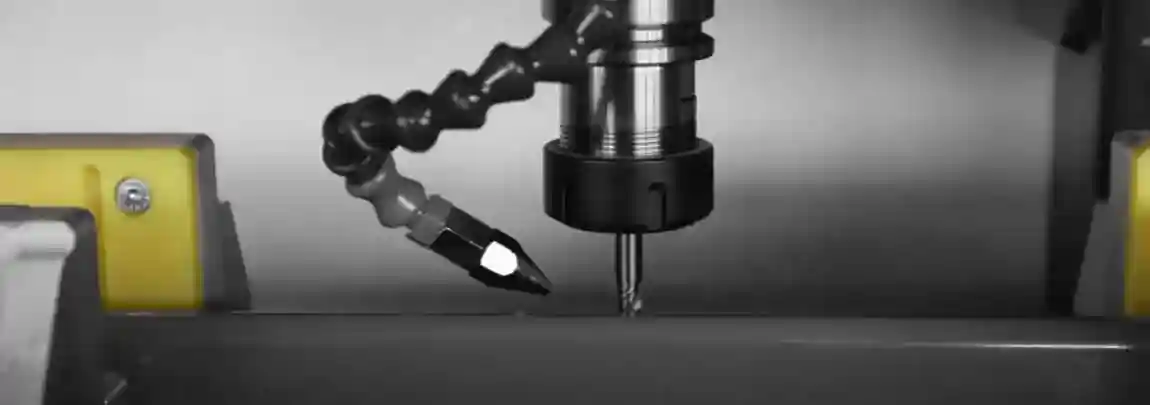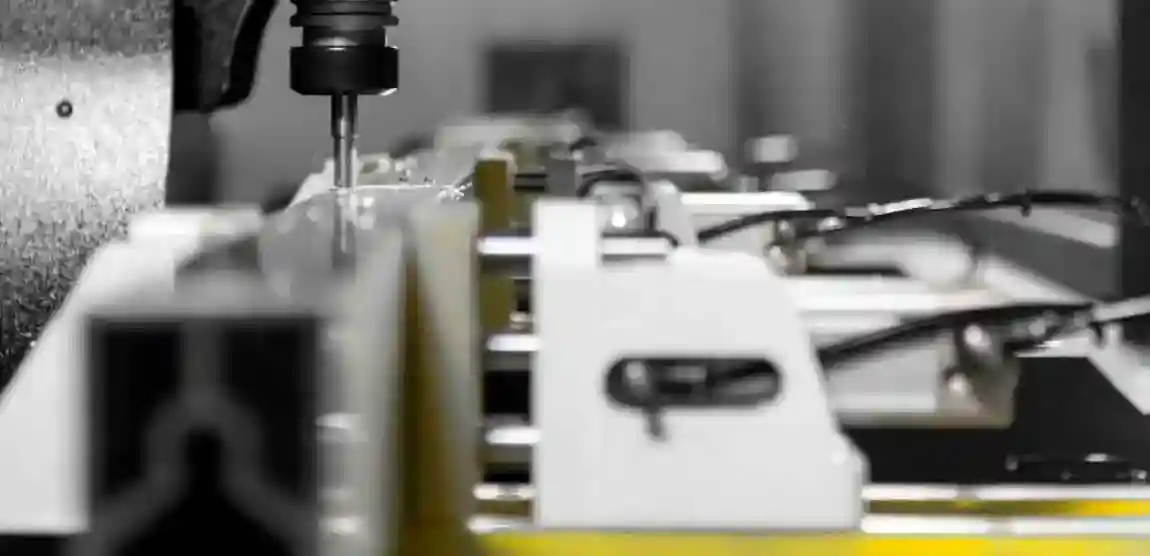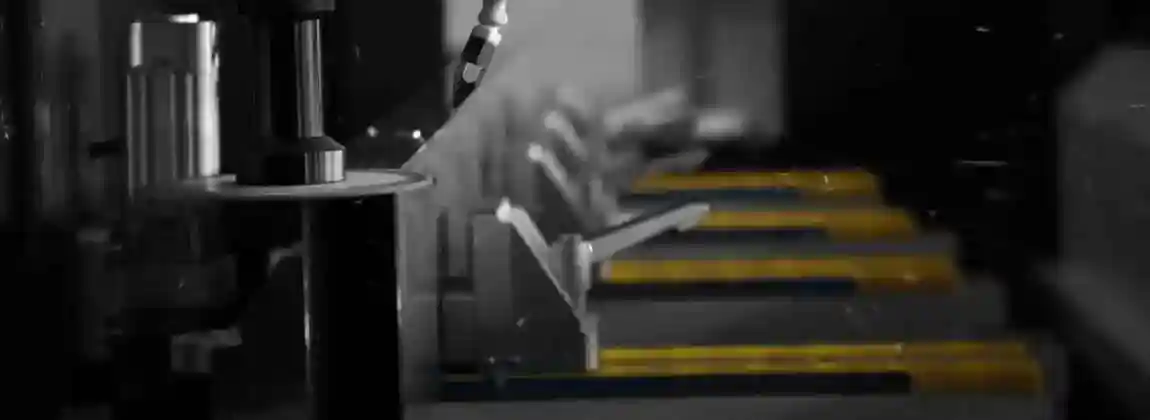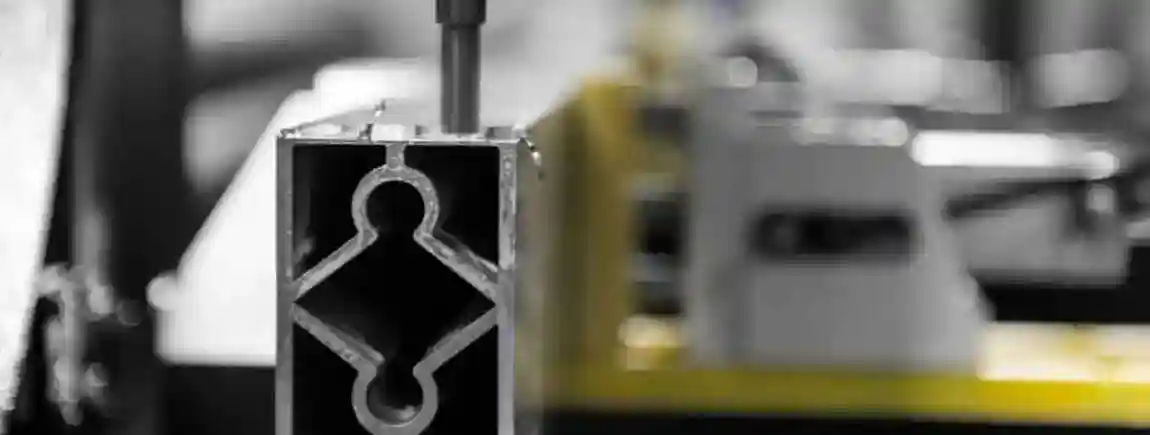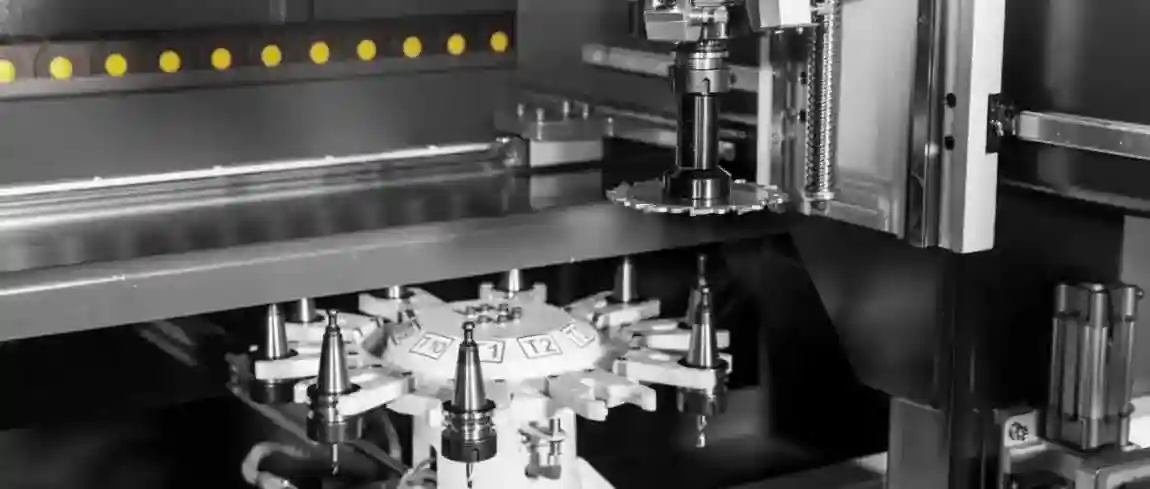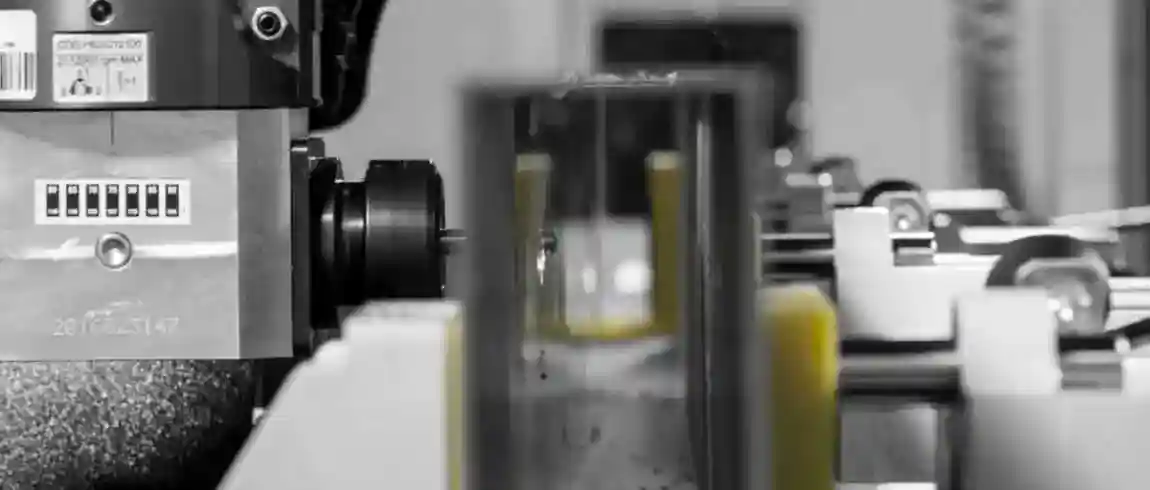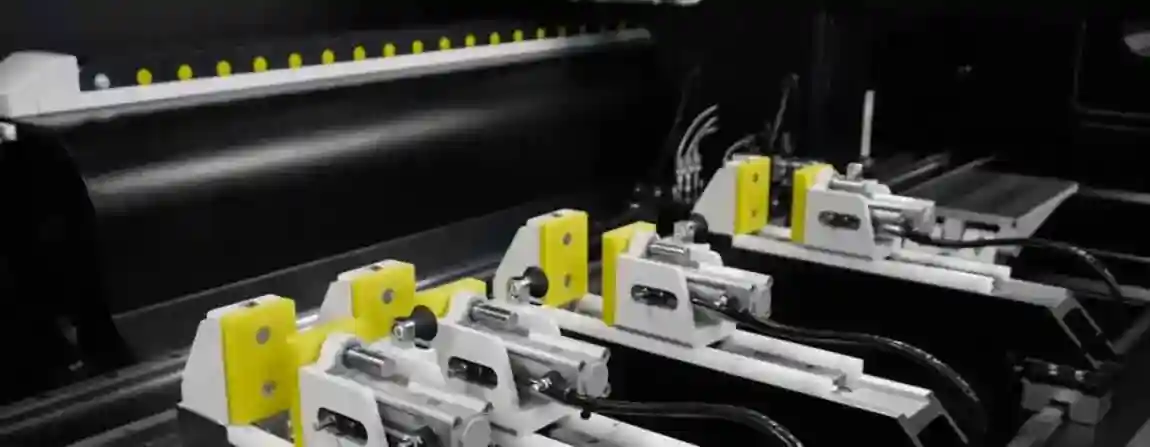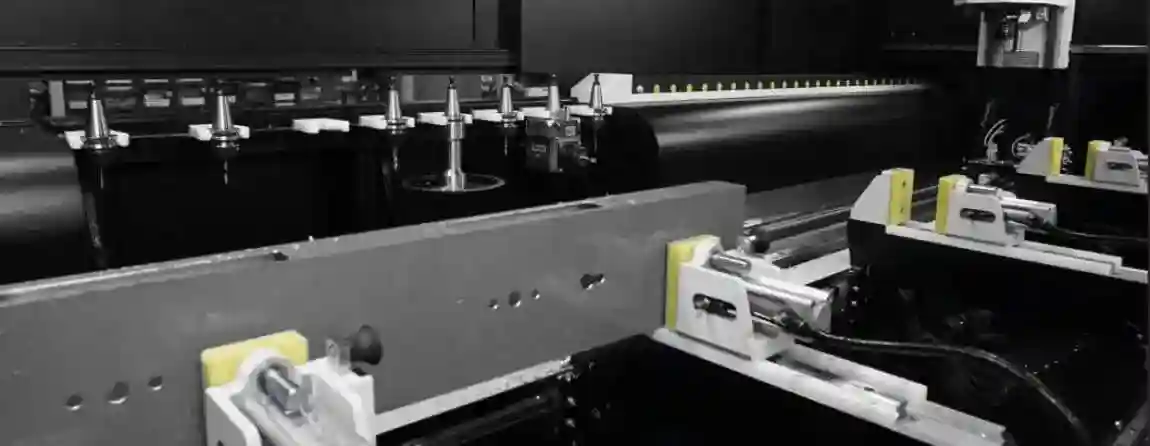-

Company
Product
ALUMINIUM MACHINES
PORTABLE MITER SAWS FOR ALUMINUM
PORTABLE COPY ROUTER MACHINES FOR ALUMINIUM
PORTABLE END MILLING MACHINES FOR ALUMINIUM
AUTOMATIC MITER SAWS FOR ALUMINIUM
COPY ROUTER MACHINES FOR ALUMINIUM
END MILLING MACHINES FOR ALUMINIUM
ALUMINUM CORNER CRIMPING MACHINE
DOUBLE MITRE SAWS FOR ALUMINIUM
AUTOMATIC SAWS FOR ALUMINIUM
BAR PROCESSING CENTERS
MACHINING CENTERS FOR ALUMINIUM COMPOSITE PANELS
NOTCHING SAWS
WEDGE CUTTING SAWS AND NOTCH CUTTING SAWS
MITER SAWS FOR ALUMINIUM
PVC PLASTIC MACHINES
PORTABLE MITER SAWS FOR PLASTIC
PORTABLE COPY ROUTER MACHINES FOR PLASTIC
PORTABLE END MILLING MACHINES FOR PLASTIC
MITER SAWS FOR PLASTIC
COPY ROUTERS FOR PLASTIC
END MILLING MACHINES FOR PLASTIC
WELDING MACHINES FOR PLASTIC
CORNER CLEANING MACHINES FOR PLASTIC PROFILES
DOUBLE MITRE SAWS FOR PLASTIC
BAR PROCESSING CENTERS
GLAZING BEAD SAWS
AUTOMATIC MITRE SAWS FOR PLASTIC
METAL MACHINES
MANUAL METAL SHEET BENDING MACHINE
MANUAL BENDING MACHINES
HYDRAULIC BENDING MACHINES
NON MANDREL BENDERS
PLATE BENDING MACHINES
BORDERING AND TRIMMING MACHINES
HORIZONTAL PRESSES
BELT GRINDING MACHINES
PIPE NOTCHING MACHINES
PIPE POLISHING MACHINES
LASER CUTTING MACHINES
PRESS BRAKES
VERTICAL TURNING CENTERS
MACHINING CENTERS
WOOD MACHINES
GLASS MACHINES
ROBOTICS SPECIAL MACHINERY
Service
Blog
Contact
Blog
HERITAGE WINDOWS
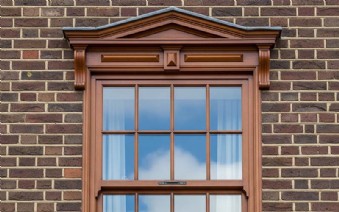
Heritage Windows – Preserving Tradition with Modern Technology
Introduction
Historic buildings and listed properties are more than architectural treasures – they are living witnesses of cultural heritage. Yet renovating them often raises the question: how can windows be replaced without losing authenticity? The solution lies in heritage windows, custom-made systems that replicate original designs while meeting today’s standards for energy efficiency, comfort and security.
What are heritage windows?
Heritage windows are specially designed for the restoration of historic or listed buildings. They reproduce the look, proportions and details of the original windows, while discreetly incorporating modern technology.
Key features include:
-
authentic reproductions of historic profiles,
-
traditional glazing bars, fittings and glass styles,
-
compliance with heritage authority requirements,
-
integration of modern insulation glazing.
Advantages of heritage windows
Preservation of historic character
Windows are one of the most defining features of façades. Heritage windows maintain architectural authenticity.
Energy efficiency
Despite their classical design, they can be equipped with double or triple glazing, significantly reducing heating costs.
Soundproofing
Special acoustic glazing ensures peace and quiet even in city centres.
Security
Modern locking systems and safety glazing can be integrated without altering the visual design.
Property value
Proper restoration with heritage windows increases the market value and attractiveness of historic properties.
Disadvantages
-
Higher costs due to custom production and craftsmanship.
-
Approval process with heritage authorities can be time-consuming.
-
Longer delivery times compared to standard windows.
Materials
-
Wood: the most common material in heritage projects, offering authentic design and flexibility.
-
Wood-aluminium: traditional look inside combined with weather-resistant aluminium outside.
-
Special glazing: historic-style glass combined with modern insulation values.
Applications
-
Residential houses and villas from the 18th to early 20th century.
-
Historic townhouses and urban buildings.
-
Castles, manors and country estates.
-
Public buildings such as museums, libraries and town halls.
-
Churches and monasteries with strict heritage requirements.
Technical features
-
Double or triple glazing with thermal insulation.
-
Acoustic glazing for urban areas.
-
Historic wooden profiles based on originals.
-
Authentic fittings in brass or iron.
-
Traditional glazing bar designs (true divided, applied, or Vienna bars).
Future trends
-
Digital fabrication for even more authentic reproductions.
-
Combination with Passive House standards in historic renovations.
-
Eco-friendly finishes and recycled timber for sustainable restoration.
-
3D scanning of façades for precise customisation.
Conclusion
Heritage windows are indispensable in the renovation of listed buildings. They combine authentic appearance with modern comfort, ensuring energy efficiency and safety without compromising historic aesthetics. Although they are more expensive than standard windows, their cultural and financial value makes them an essential investment.
- heritage windows
- buy heritage windows
- heritage window prices
- heritage timber windows
- heritage wood aluminium windows
- heritage window renovation
- heritage window manufacturers
- heritage window installation
- heritage windows old building
- advantages heritage windows
- disadvantages heritage windows
- modern heritage windows
- energy efficient heritage windows
- heritage villa windows
- heritage townhouse windows
 GERMANY
GERMANY ENGLISH
ENGLISH FRANCE
FRANCE SPAIN
SPAIN PORTUGAL
PORTUGAL

